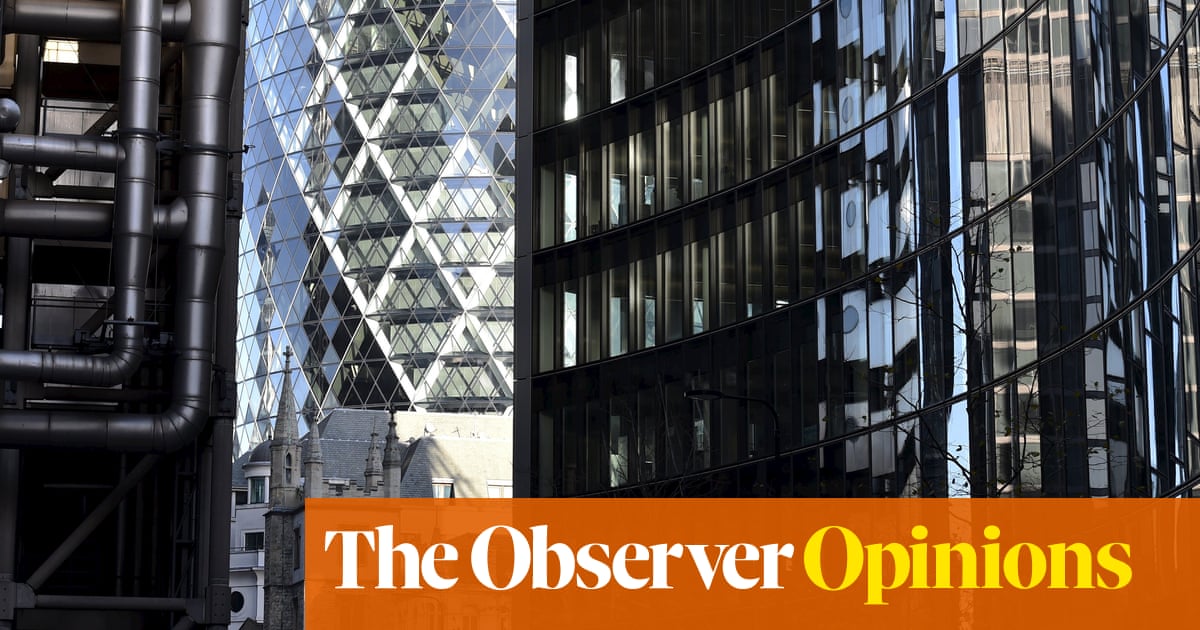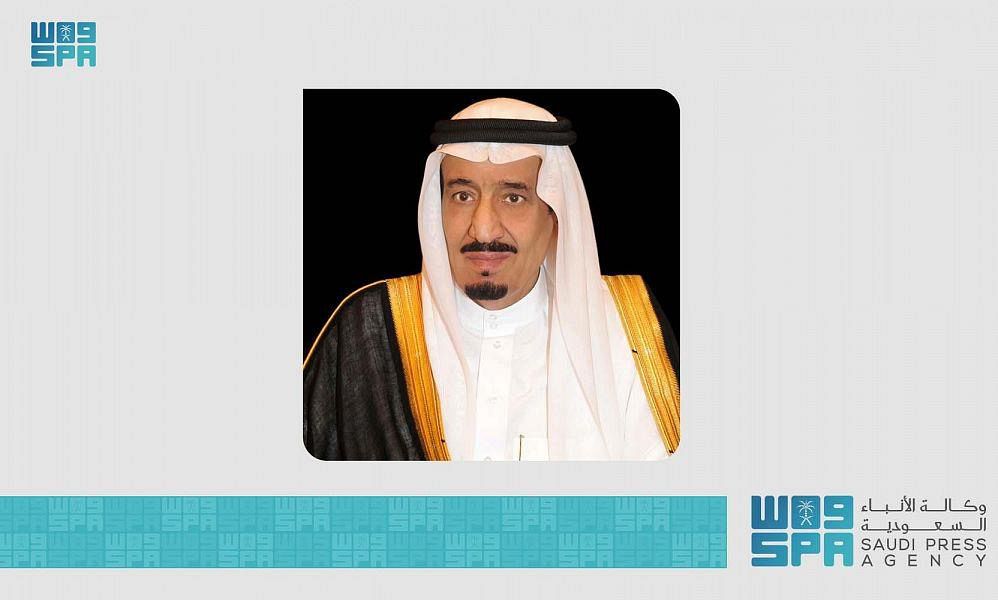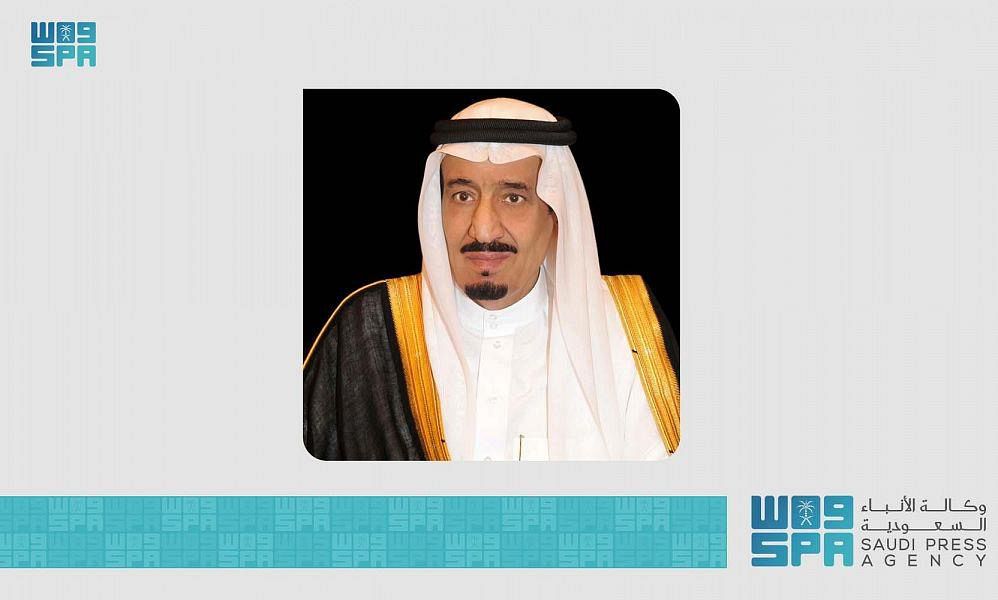
Who poses a threat to British society? The debate about what counts as extremism, which grew so heated during the years of the “war on terror”, has raised its head again in recent months with the sorry saga of the government’s independent review on Prevent.
The review, which has not yet been published, is controversially expected to encourage the government to divert its attention from the growing threat of the far right and instead focus on Islamist extremism. Yet, only in October, we saw a terror attack by a far-right Islamophobe on an immigration processing centre in Dover, at a time when far-right terror was on the rise.
The latest development, reported in the Times, casts light on a supposed fault line in cabinet about the content of the review, which apparently names several individuals and groups it blames for “spreading Islamist extremism in Britain”. The Home Office is said to have redacted some of these names, but the communities secretary, Michael Gove, wants the report published in full. The review’s chair, William Shawcross, is reported to be “increasingly frustrated and annoyed” by the delay in publishing.
But forget the Westminster hearsay for a moment, and recognise this list of names and organisations for what it will effectively be: a McCarthyite blacklist of Muslim organisations in Britain.
This should scare us all.
What’s worse than the creation of such a list is that some of the people deciding who was included, or pushing for it to be public, were themselves holders of hugely problematic views about Muslims.
For example, Shawcross said in 2012: “Europe and Islam is one of the greatest, most terrifying problems of our future. I think all European countries have vastly, very quickly growing Islamic populations.” When he was chair of the Charity Commission, it was accused of disproportionately targeting Muslim charities for investigation. He even defended the torture carried out by US interrogators during the “war on terror”.
Michael Gove hardly fares better in his views of Muslims. The most senior British Muslim in politics at the time, Lady Warsi, was genuinely “fearful of the idea of Michael Gove becoming prime minister” because of “his views on British Muslims”, and noted how he had the same “crazy” anti-Muslim policies as Donald Trump.
The attempt to arbitrarily target Muslim organisations is not new. It was the approach of the now defunct Quilliam Foundation, which, in 2010, sent a secret list to a government official of mainstream Muslim organisations it alleged were extremist sympathisers. But at least the dangers of such a list being made public were realised.
Gove, on the other hand, wants this report to be made public. A few weeks after a far-right Islamophobe attacked a migrant centre, he and others genuinely seem to want the government to publish a report that names Muslim organisations they deem to be “spreading Islamic extremism in the UK”. Surely this poses a huge risk, especially since we also know that when the government’s teams try to determine what is “extreme”, they can get it completely wrong.
When the UK government described Salman Butt as an “extremist hate preacher” in 2015, it had to pay compensation and apologise “for the harm caused to him and in particular for the fact that the allegation was made and maintained for so long”. When former prime minister David Cameron and former defence secretary Michael Fallon said imam Suliman Gani “supported IS”, Cameron had to issue an apology and Fallon had to pay libel damages.
And even if the process to create this list was reasonable, how could it be fair that Muslim organisations on it be tarred seemingly with no opportunity to defend themselves?
The idea that this is going to get the seal of approval from this government shows the scale of the issue that mainstream British Muslims have to deal with. We can only hope that given sections of the Home Office apparently fear libel action, even though others think this is “implausible”, such a blacklist of British Muslims and Muslim organisations will not be published.
But with this government’s track record on Islamophobia, maybe that’s just too much to hope for.
Miqdaad Versi is a spokesman for the Muslim Council of Britain; he writes in a personal capacity












